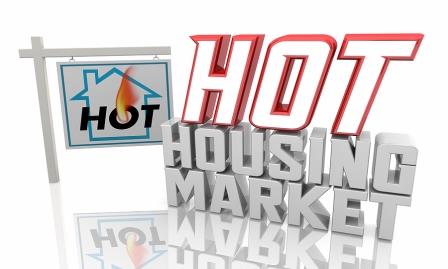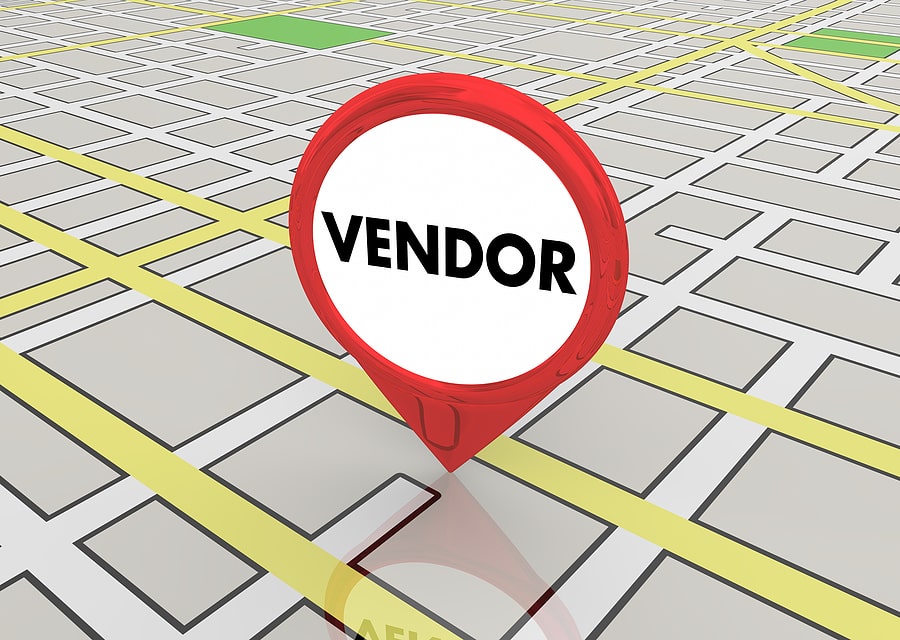The Spring Selling Season Starts Now

Will this spring be time for a fresh start? If you’ve decided to sell your HOA property, there are many things to consider as you prepare. To help you plan, we put together 3 important steps to know in terms of working with your HOA when selling. Be Informed on Your HOA’s Selling Process Most HOAs have rules that members must abide by as they seek to sell their home. If you do not already have that information, then you’ll need to contact your association. Typically, requirements for selling your home will be found in your HOA’s bylaws; it will also be helpful to your agent, if you get one, to know the terms for the seller and buyer to make sure the transfer is clear and lawful. Have Documents Ready Additionally, any serious buyers will most likely want a copy of the HOA’s important documents like rules, regulations, fees, and bylaws to help with their decision. Having those ready to go will make it easier and potentially speed up the selling process. The right agent will also let you know if any other information would be beneficial to your efforts. Close Up Any Loose Ties To help your prospects, it’s also important to address any violations and pay any outstanding fines you may have. A buyer can order a certain certification, provided by your HOA, outlining if you, as the seller, have any past due balances or outstanding violations. You will typically need to clear them up before closing anyway, so taking care of that beforehand helps streamlines the process. This includes continuing to follow the HOA’s rules even as you’re preparing to move to avoid any violations or fees complicating the transition. Overall, we always recommend contacting your HOA to begin the selling process on the right foot. Additionally, your neighbors could be a good resource if they have sold an HOA property before and have any other tips that might help.
Vendor Checklist

When selecting a vendor or contractor, it is critical to use due diligence and have a process in place for making these selections. By having a thorough process, you will satisfy your obligation as a board member while also protecting from potential liability. When evaluating vendors or contractors for selection, there are some key pointers to follow: Establish a thorough process for vendor “vetting.” Better yet, document the process for future boards to ensure consistency. Conduct personal interviews (or engage in some kind of personal contact). Confirm insurance coverage/documentation. Note that not all vendors need or have insurance, but this is an important aspect to take note of. Confirm any licensing, credentials, or certifications a vendor may have depending on its specific industry. Request multiple references and check them. Proposals are not contracts, even if all parties sign it. Always ask for a formal contract that includes important terms regarding the relationship (i.e. termination, dispute resolution). There are also special considerations for specific types of vendors and projects: Construction Projects Always get multiple bids to compare costs, operations, and qualifications. Ask for Certificate of Insurance and ensure that it is current and up to date through the anticipated length of a project. Check with the Minnesota Department of Labor and Industry to confirm license status, learn of potential enforcement action, or history. Follow up on any issues. Explore resources such as BBB, Angie’s List, Google reviews, and more. However, take all reviews with a grain of salt. Confirm contractor’s ability to complete project within your desired timeframe. Clarify methods of communication for project ahead of time. Management Companies Consider the amount of control you are relinquishing—full management? Partial? Ensure agreement covers what is expected in as much detail as possible, including things like termination options, governing documents, and auto-renew provisions. Have a thorough understanding of what services are included and what may require payment of additional fees. Understand the relationship between management and the Board and how it translates in terms of a contract. Routine/Ongoing Service Vendors Ensure there is a termination or dispute resolution process in place in the event there is an issue. Understand the schedule of services and what triggers action (i.e. inches of snowfall, days for garbage collection). As general rules of thumb, you can (and should) always negotiate a contract if there are concerns over the terms proposed. If multiple bidders are involved, allow for a process to give all bidders a fair chance at the project. Finally, make sure there is always a way to end the relationship if needed. At the end of the day, it is important to do your homework on the front end of the relationship to circumvent future issues. Do thorough research and check all available resources and negotiate for terms that you find acceptable. Luckily, Sharper Management offers a Preferred Vendor Directory. All preferred vendors are required to provide a certificate of insurance and be in good standing with the state of Minnesota. This can be a fantastic starting point in the vendor selection process: https://sharpermanagement.com/preferred-vendors/
Operations and Personal Protection Continue During COVID

As the pandemic continues, most people have adjusted to the “new normal” that is affecting everyone in the community association industry, the associations, and the owners. While we may be exhausted by the restrictions and repercussions of the coronavirus, we need to remain cognizant of actions needed to prevent the spread. There are several areas that associations should continue to monitor: CDC Guidance: Provided by the CDC, there is specific guidance for “shared or congregate housing,” which includes condominiums and other multi-family buildings. This information is comprehensive and includes many guidelines to maintain safe operations, acknowledging community associations’ unique needs and challenges. Declaration, bylaw, rules, and regulations: While there may not be specific COVID-19 related provisions, these documents provide insight on what general terms could impact or govern steps taken to respond to these issues. Social gatherings: Social gatherings should be continually evaluated, especially those seeking to occur indoors. Recommendations and restrictions are fluid, and it is important to stay abreast of these changes. Outdoor events are typically easier to implement, however with cold weather, indoor facility use may be more common. Construction projects: Continue to appropriately manage access to buildings by vendors. Create and maintain appropriate protocols, emphasizing the steps these vendors will take to ensure proper cleanliness and sanitization while working. Usage of amenities: There is ample information regarding access to amenities such as pools, fitness centers, etc. within associations. As this is an ongoing, fluid situation, it is important to create a schedule to evaluate these aspects. Adjustments should be continually made based on the latest data and guidance available. CDC Fact Sheet: Communication is critical to avoiding issues or misunderstandings in operations. Posting the updated/current CDC guidelines or fact sheet in buildings ensures that owners and others entering the building are aware of the standards and protocols in place. There is an overwhelming amount of information and suggestions for safety guidelines out there but keeping up to date on the aspects above is a good foundation. Balancing safety issues with common sense and community spirit is the best remedy available to us during this time.
